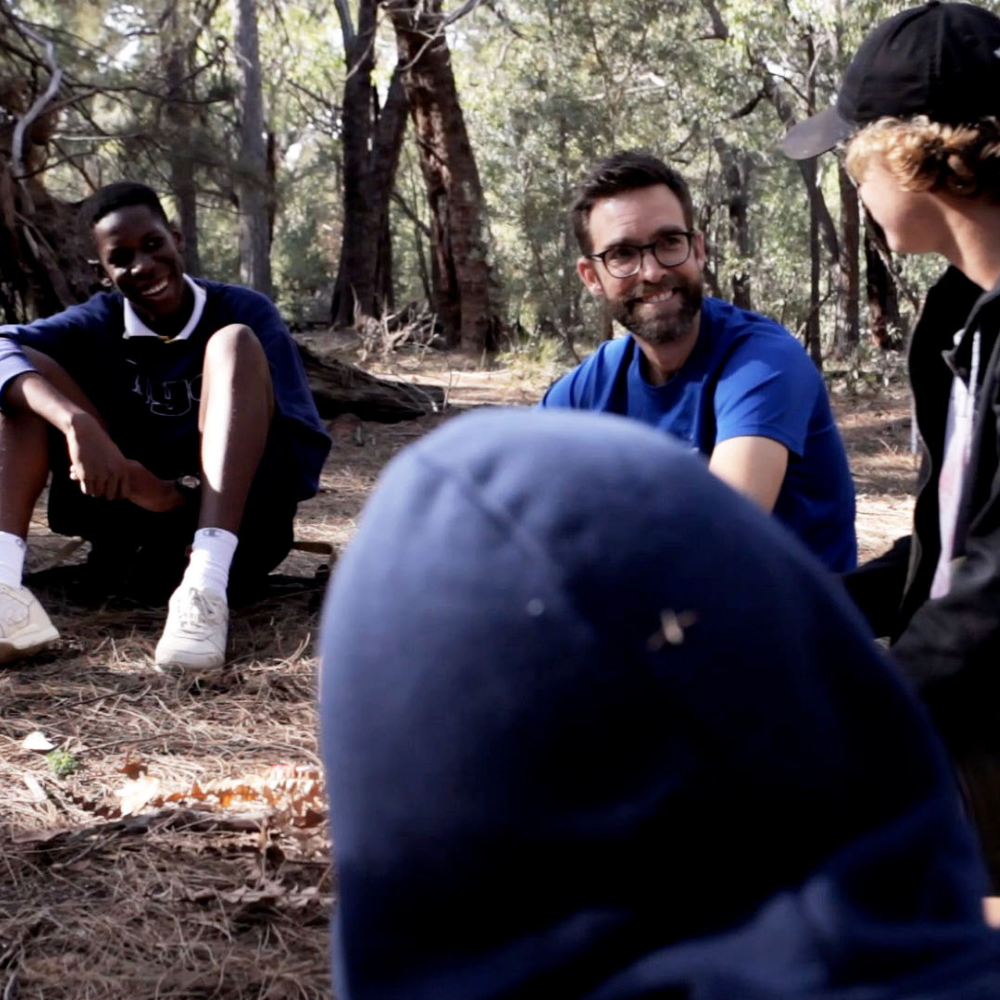Conflict Resolution Strategies for Students
When conflict arises in a group of young people, it’s often adults who take the lead to resolve the issue. Yet, as young people grow and learn, they should be encouraged to take ownership of conflict resolution skills, as this is truly the best way to harness this critical skill and prepare for adult life.
In order to empower students to become confident conflict negotiators, teachers and carers alike need to gain a deeper understanding of the importance of conflict resolution strategies for students and how these can be taught.
What is conflict resolution, and why teach it to students?
Conflict resolution is the process of recognising and managing issues of conflict between groups or individuals. Great conflict resolution focuses on decisional power without blame or victimisation.
Conflict can occur in the face of adversity, change, and challenge. We experience these things in our everyday lives and they are a normal part of being human, so it makes sense to teach students how to navigate these situations when they are faced with them.
However, when responsibility and action always falls to the teachers, parents, and adult leaders rather than the students themselves, how does this impact a student’s ability to take ownership of personal conflicts and problem-solve?
Teaching conflict resolution is a useful way to help guide students’ behaviour in positive ways, and support their growth and development into adulthood.
Learning these skills early can empower young people to feel more resilient and confident to tackle everyday challenges as they arise, and be leaders for themselves and others rather than shy away or rely on someone else to resolve conflict for them.
Good conflict resolution skills also help to build better relationships and stronger social and emotional learning – both vital parts of a young person’s growth and development.
A framework to teach conflict resolution strategies for students
The path to conflict resolution can be explored through a framework of five main steps based on the ORID model of facilitation – starting by framing the conversation, and followed by observational questions, reflective questions, interpretive questions, and decisional questions.
Before we begin exploring the framework in more detail, it’s important to remember that there is no one-size-fits-all approach to conflict resolution. While this particular framework is a useful tool to help facilitate conflict resolution with students, it is just one of many ways to do so.
Framing the conversation
Before diving into the specifics of the conflict, it’s important to frame the conversation to create a space for fair and diplomatic exploration.
Framing the conversation starts with identifying the reason and purpose for addressing the conflict in the first place. After determining the objective for the conflict resolution, it’s important to then assure all parties involved that they will feel heard and included in the conversation.
Then, as the adult, make sure to identify your role as a facilitator to help keep the discussion open and on track, rather than as the decision-maker to determine the process of events, as this is ultimately what we are trying to encourage the students to take ownership of.
Observational questions
The intention of observational questions is to remove emotions and emotional responses from the equation while you explore what happened, and focus on the facts rather than opinions.
Relying on observations also eliminates the tendency to be swayed by emotional responses to a situation, which can cloud our ability to see the situation for what it really is.
Additionally, observational questions allow for a situation to be viewed from a range of different perspectives, providing a broader understanding of a situation and how it could have been observed or experienced from different angles.
Reflective questions
With a better grasp on the facts of the conflict being explored, encourage space and conversation to reflect on the situation in relation to each student’s feelings and responses to what’s happening.
Reflective questions relate more to the emotional needs and feelings of a person, and give us greater insight into our relationship with the conflict.
Interpretive questions
Exploring interpretive questions helps us delve deeper into the answers to what was reflected on in the previous step. It is important to explore these aspects to help students interpret why they may be feeling certain emotions as a result of the conflict.
Interpretive questions also enable students to recognise the impacts of the conflict on the wider group, and how this can also affect people individually.
Decisional questions
This is one of the most crucial steps to moving forward from the conflict. Once students have covered the previous steps to observe, reflect, and interpret the conflict and its impact, they are better equipped to determine appropriate and suitable decisions they can put into action to resolve the conflict, and be mindful of how to approach similar situations in the future.
Free conflict resolution strategies ebook for teachers
Our 5 Easy Steps for Conflict Resolution ebook is your go-to resource on how to teach students to manage conflict resolution. The ebook also includes question ideas to help guide each step of the conflict resolution process and ensure your students are equipped with everything they need to feel confident to address and manage conflict head-on. Download your free copy of the Conflict Resolution ebook for teachers here, and help your students take ownership of their ability to resolve conflict.
Parent-Teen Conflict Resolution at Christmas
Christmas can be a uniquely challenging time of year for parents and teens. It only comes around once, so the occasion is loaded with cultural meaning, heightened expectations and emotional turbulence. The good news is that with a little forethought and planning, you can include your teens in the process of reshaping the significance of Christmas, avoid potential conflict, and strengthen your relationship.
What Do Rite of Passage Journeys Look Like?
Young people from all over the world participate in rite of passage journeys to mark their transition into adulthood. Learn more about how rite of passage journeys are celebrated in different cultures, and what a rite of passage journey looks like.
What is Social and Emotional Learning?
Social and emotional learning is an important part of a young person’s personal growth and development. Read more about what social and emotional learning looks like and how to teach it.
Get In Touch
Please leave your contact information and our team will get back to you within 1 business day!



AdventureWorks and its team would like to acknowledge the Traditional Custodians of the land on which we work and live and recognise their continuing connection to land, water and community. We pay respect to Elders past, present and emerging. AdventureWorks further pledge our commitment to increasing understanding and connection to Aboriginal Australians through the work we do with young Australians and as individuals.
AdventureWorks WA
90a Commonage Road
DUNSBOROUGH WA 6281
+61 8 9796 1000



